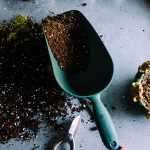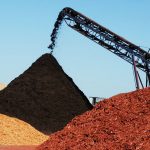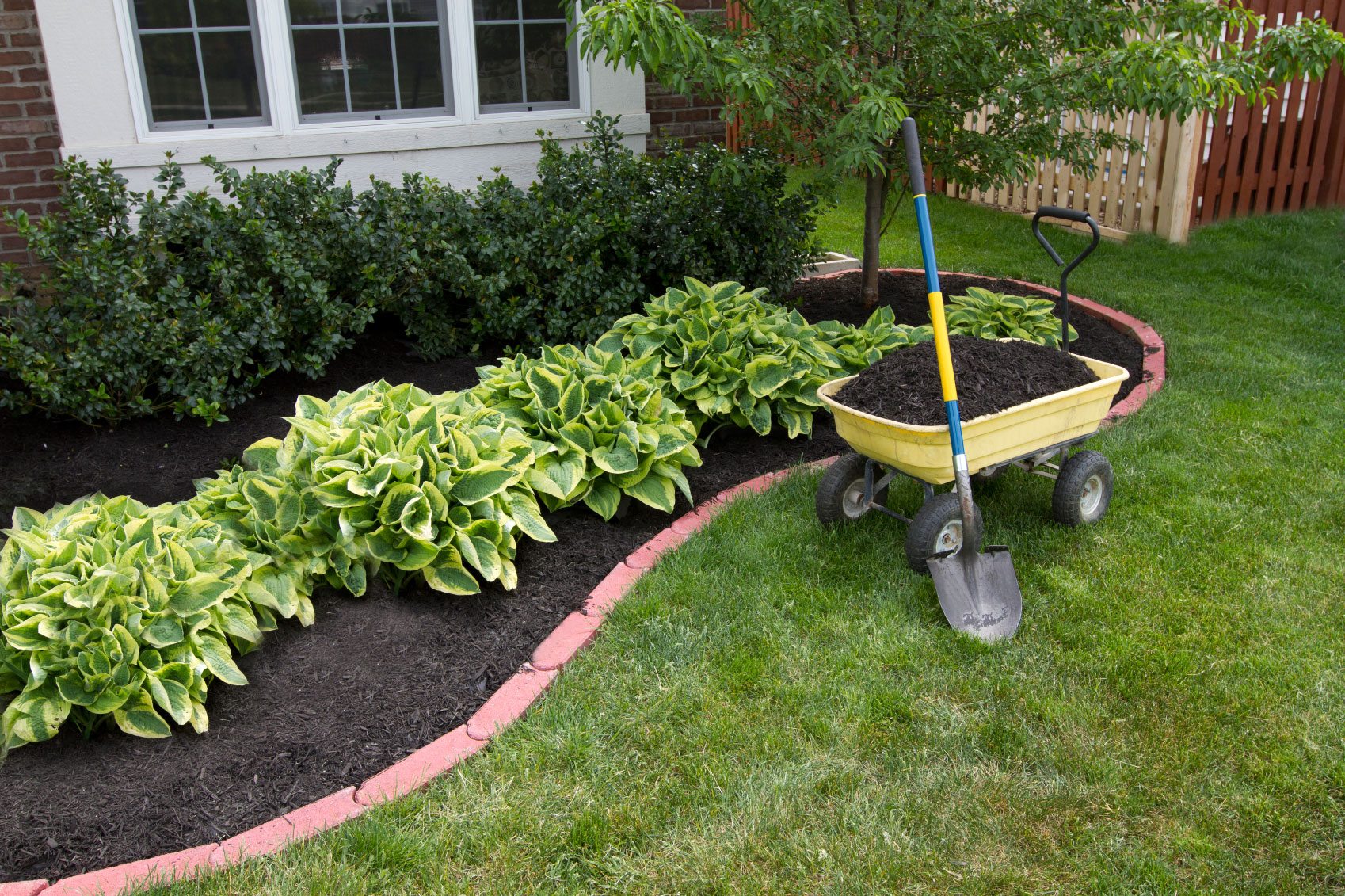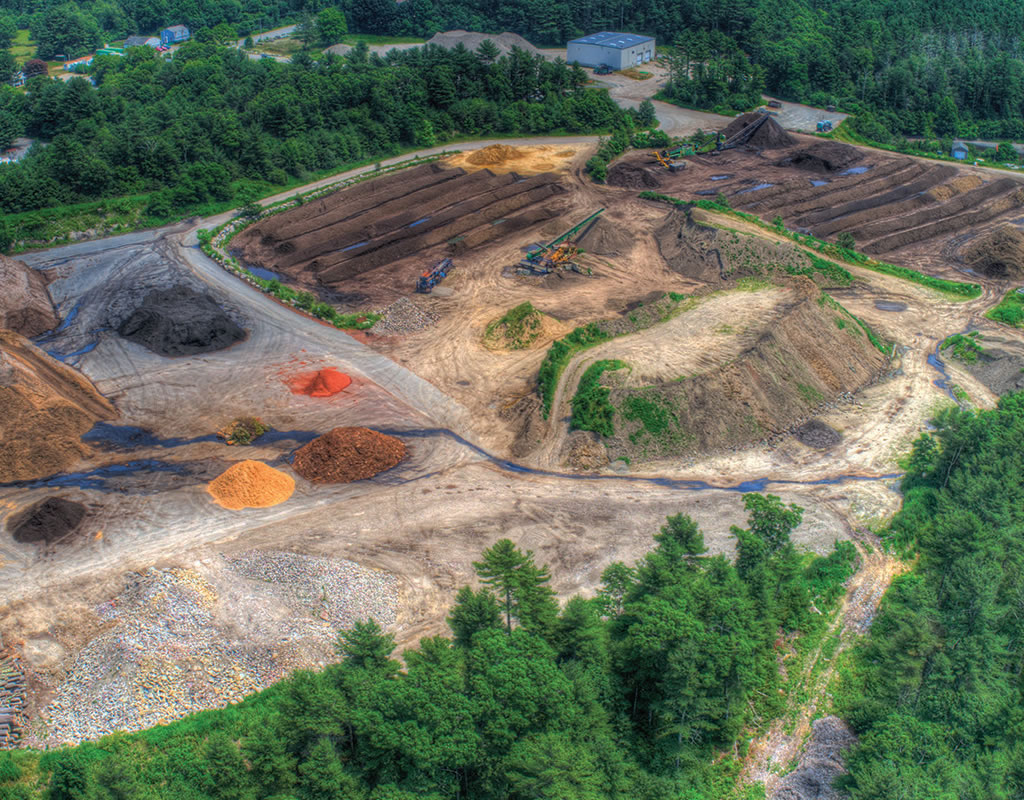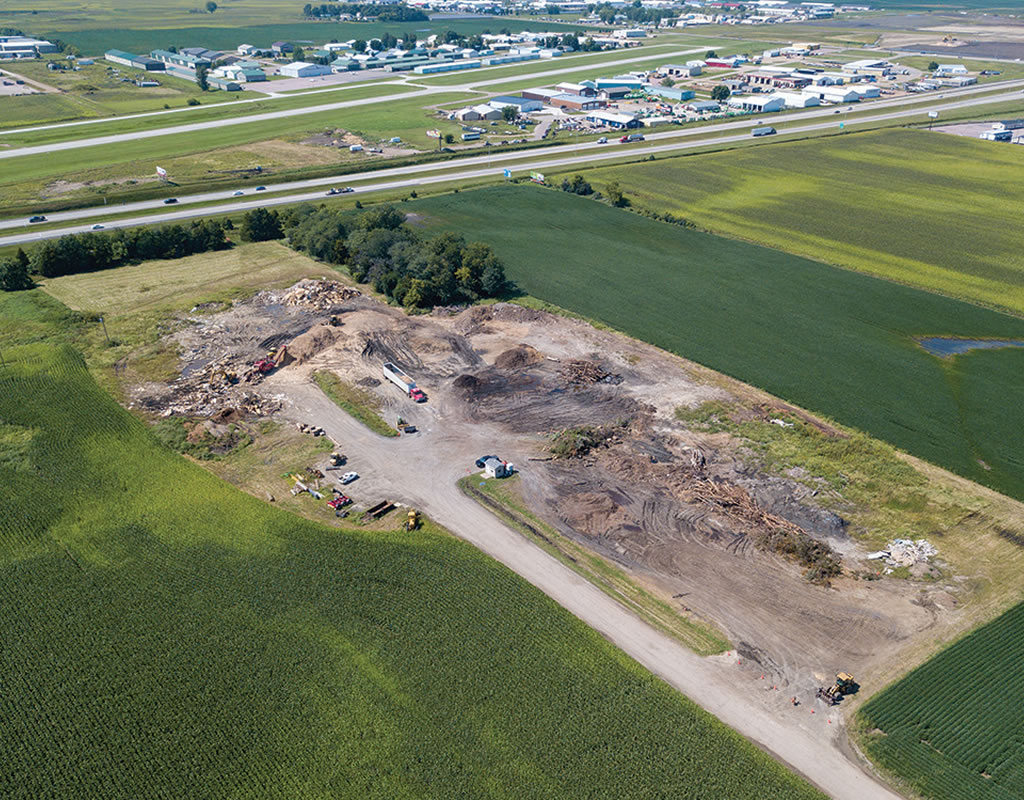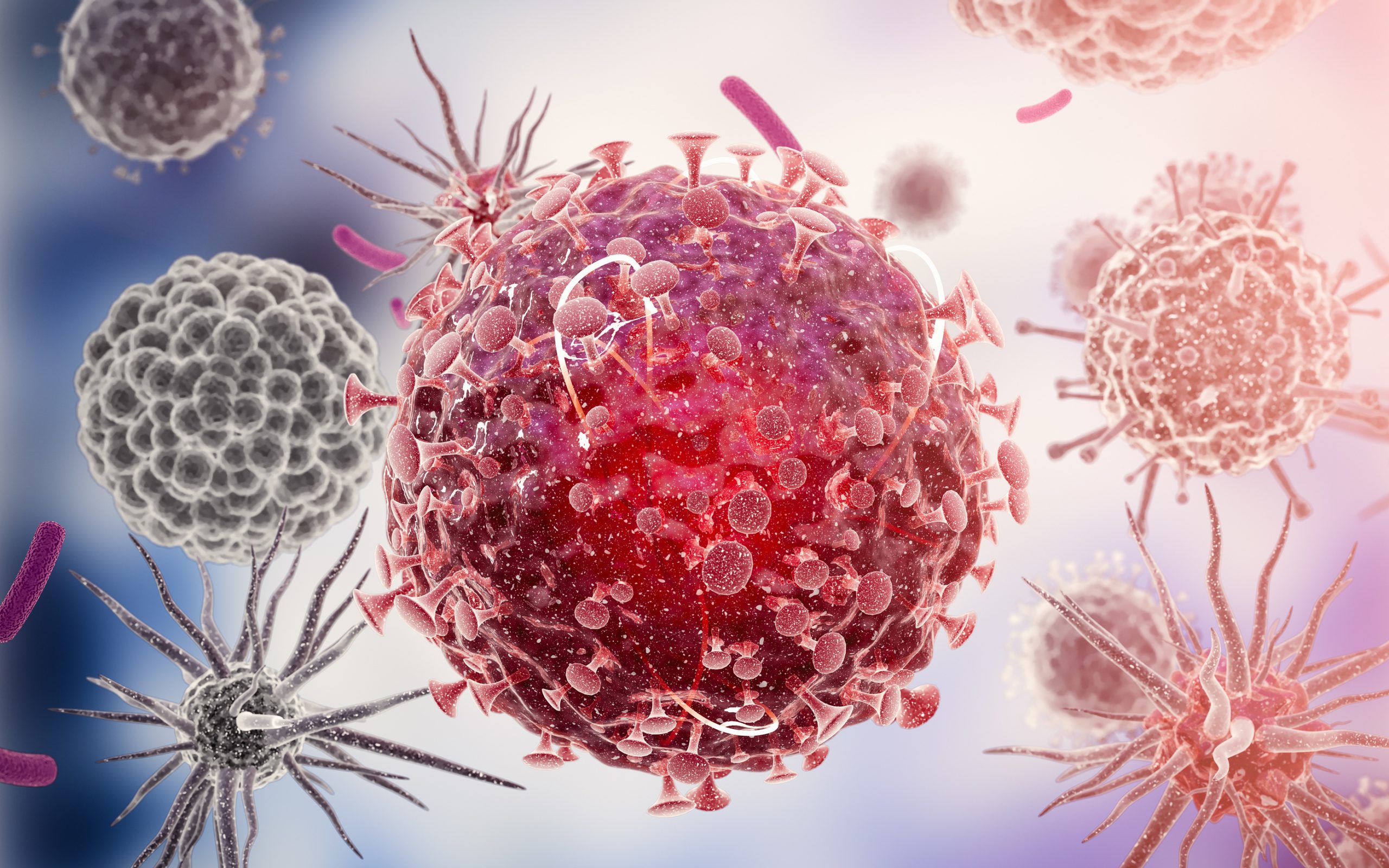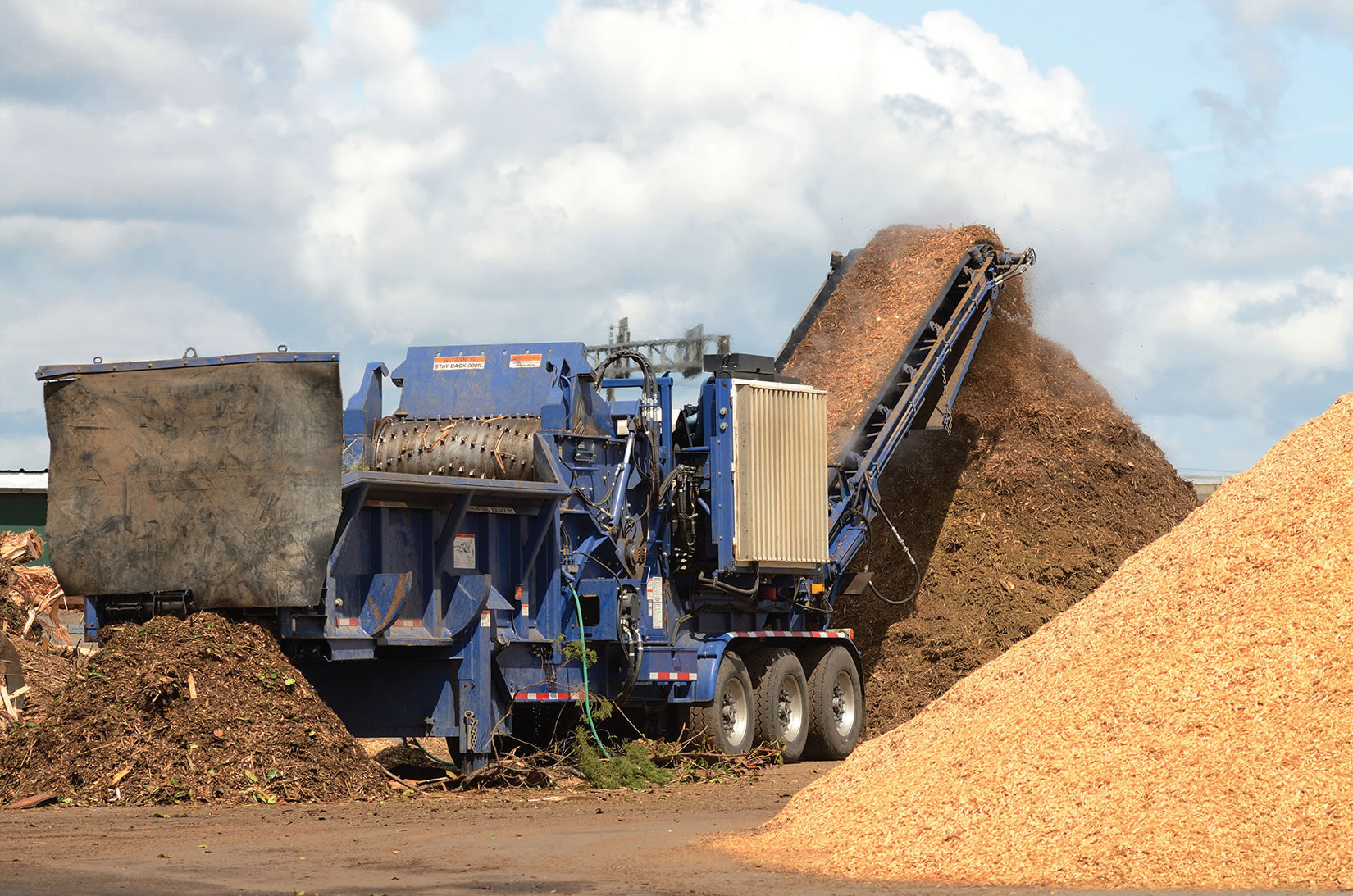By Gail Barnes
Soil is more than brown dirt. It is a living breathing system, and like any living system can become unhealthy and susceptible to pests and disease. That's where beneficial bacteria – or good bugs known as probiotics - come in.
They restore balance in the soil, and in doing so, can enhance plant and soil health. We talked to Frank Reed, founder of Rhizosphere Solutions, about why probiotics are important for promoting soil health and soil sustainability.
Rhizosphere Solutions is a Louisville, TN based company outside of Knoxville. Frank Reed's business partner has been manufacturing beneficial bacteria which they describe as 'probiotic solutions for soil and plant health,' for the past 3 years. Frank manages the agronomy side and his partner the microbiology.
Why the interest in using beneficial bacteria for soil and plant health? "The use of commercial inputs is quick to solve a specific problem," said Frank, adding, "But then they create other problems. I've always been on the side of moderation in the industry or maybe even leaning more toward the conservative side."
Frank has seen both sides of managing soil and plant health – using commercial inputs as well as natural solutions. "My family owned a fertilizer and pesticide manufacturing and application business," he explains. "It was a very large operation. It started in '76 and it went through to the '80's until the recession hit."
What's the Rhizosphere?
The rhizosphere is the area that surrounds a plant's root system. "Within this area the plant roots co-exist with bacteria and other microorganisms," explained Frank. "Bacteria have flagella that allow them to move towards the sugars produced by plant roots – a process known as Chemotaxis. In this mutually beneficial environment, the plants supply food in terms of sugars, and the bacteria in turn supply the plants with a nutrient-rich and aerated growing environment."
"This coexistence creates a symbiotic relationship that must exist within soil for healthy and sustainable plant growth," he continued. "By improving the rhizosphere, soil fertility improves, nutrients become more available and plants can defend themselves against pests and disease. As a result, crop quality increases, crop yields improve, and the need for using commercial inputs is reduced. The benefits to humans, livestock and the environment is tremendous."
Prevention is better than cure
With his family background in the fertilizer and pesticide business, Frank realized that many of the products were being used as a temporary fix – like a Band-Aid – covering up but not addressing the real cause of the problem. "Prevention is obviously the best and most sustainable way to go about it," Frank said passionately. "There have been a lot of repercussions from using fertilizers and pesticides, both agronomically, from a soil standpoint, to the environment and to human health. That exists even within my own family - from pesticides! So that's why I'm doing what I'm doing, and it's taken a very long time ... It's taken the public pressure to force our industry to make a change."
"I've been in this industry for, let's see, I guess it's 36 years now," Frank continued. "I majored in soil and plant science, my major was agronomy, I have a B.S. and a lot of knowledge growing up on family farms, with my family being in the fertilizer and pesticide business. I'm going be 58 soon, so I was around in the 60's and the 70's when all the real bad stuff was being used. Growing up with all of that and seeing the results, I thought there had to be a better way. That's why I founded Rhizosphere Solutions to provide unique, scientific sustainable ways to improve soil health."
Why add more bacteria to soil?
Not everyone supports a natural, probiotic approach. "There are industry authorities that state that soils have more than enough naturally occurring bacteria to maintain healthy growing conditions for plants," said Frank. So why add more bacteria to the soil? "Repeated agronomic issues suggest that adding beneficial bacteria is necessary," said Frank. "Despite applying commercial products, so many growers face the same issues – year after year and decade after decade! They have spent countless dollars trying to resolve these issues that nature can fix."
"Over-working the soil and repeated use of pesticides and fertilizers have led to the decline of soil health and even resulted in soil death," Frank added passionately. "This vicious cycle has been scientifically known for decades."
"We are not saying 'Stop using commercial inputs'," Frank emphasized. "We are saying, "Use them responsibly and only when necessary. Healthy soil produces healthy and profitable crops – while supplying growers with a sustainable growing environment, not just for today, but also into the future. We are the experts at remediating overworked and abused soils."
Proprietary process
Rhizosphere Solutions supplies soil and plant health products to basic agricultural areas such as crops and vegetables, or anything that has to do with food production, or animal feed production. They also supply the turf grass, ornamental and compost industries. What makes their beneficial bacteria special? "Our product is made with a proprietary patent-pending dry formula," explained Frank. "The bacteria will live for five years. In a package."
"The proprietary process puts the bacteria into hibernation," said Frank. "There are two types of bacteria out there. You have what they call 'gram-positive' bacteria, and then you have what they call 'gram-negative.' The differences are gram-negative bacteria reproduce sexually and gram-negative bacteria cannot tolerate any kind of fluctuation of environmental and climatic changes. They're so fragile that when people buy them - and this is what's prevalent in the industry right now - they either have to be refrigerated, they have to stay refrigerated from the time of manufacturing to the time of use, or the person has to culture them on their own prior to use and they are shipped in liquid form," Frank continued.
"Gram-positive is what my partner has a proprietary on, and they reproduce asexually. They call it 'binary fission' and it's a form of asexual reproduction, which produces offspring identical to the parent. With gram-negative you never know what offspring you're going get so they're not true to type, but the gram-positive are true to type. They can withstand the most extreme environmental climatic changes," said Frank.
Each bacteria type has its own specific function
All the beneficial bacteria supplied by Rhizosphere Solutions have been harvested from soils around the U.S. "Once they are identified, typed, and cultured, they are put into a cryogenic freezer," explained Frank. "The bacteria are numbered because there are specific strains that we have found for specific things we want them to accomplish."
"For example, it could be to mitigate for nematodes, it could be for insects, it could be for diseases -- specific diseases-- it could be for nutrient processing in soil. It could be for composting or for natural bacteria control for Artillery Fungus on mulch. There are so many bacteria out there, and each one has its own specific function."
Success stories
"Well, you know these products work, as far as nature goes, these products work very quickly," said Frank. "I have a gentleman right now who used one of the products for algae control on golf course greens in the Ft. Lauderdale, Florida area. In ten days it was gone and the area which was bare on the golf course green had completely covered with grass. Nothing else was done to that turf!"
"He used the product that was for soil mineralization and composting, and it had the ability to - put it this way, the bacteria contained fungal and chitin - they were fungal and chitin remediating bacteria, that's what solved the problem," he explained further.
"There was a high school football field in Broward County, FL," said Frank describing another success story, "There were two commercial synthetic products that were being used by major companies on the outer sides, the left-outside and the right-outside of the football field, and ours was in a strip down the middle."
"There was hardly any turf-grass on the entire field. And, of course, they didn't want to spray chemicals because you've got students playing on it, right? Practicing. But they used some of these products that were approved for that use, these big companies had gotten approved, but the one that stood out in two weeks was the bacteria that we had put down. The grass had gone from basically 25% coverage to 100% coverage!
"There had been a weed present on the whole field which is called Spurge, and when you see Spurge in Bermuda grass in the south, it generally indicates that there is a nematode problem in the soil," said Frank. "So, with one application of our probiotic product, the turf healed over and knitted together. It was beautiful! It stood out like a sore thumb and all the Spurge was gone! We didn't play 'Whack-A-Mole' with the symptoms. Our specially formulated natural product mitigated for the actual problem, the real culprit! Naturally."
Gail Barnes, Ph.D., is a technology and sustainability expert who has consulted with companies worldwide on product sustainability innovation with composting and recycling strategies. Follow her on Twitter at #DrGailB.
Related News
Subscribe Today
Every other month, Soil & Mulch Producer
News brings you important stories about:
• New Technology
• Products
• Industry News
• Research Studies
Soil & Mulch Producer News features articles and services relevant to your daily operations.


